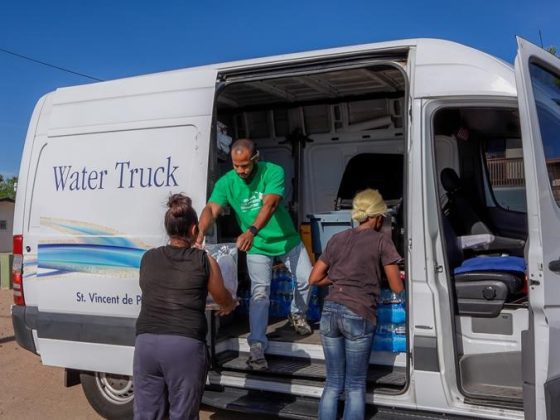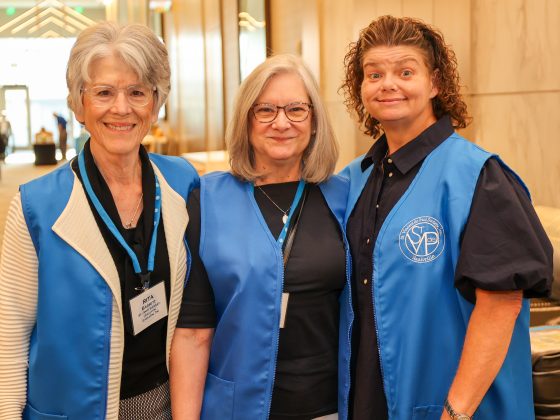“Render to Caesar the things that are Caesar’s,” Christ said, “and to God the things that are God’s.” With these words, Jesus answered His doubters’ attempt to find contradiction in His teachings, but also gives us some wisdom to carry with us on our home visits. After all, the neighbor we serve is made in the image of God. What is it, then, that is the neighbor’s due? What belongs to him?
Naturally, we are called for assistance with material needs, and seeking to meet those needs is the most basic of our works. To pay the light bill, the water bill, the gas bill; to assist with car repairs or rent; to provide food; all these things and more we do gladly, and the reward of these works is immediate, both for the neighbor, whose urgent needs are met, and for us, who feel fulfilled by offering this service. Faith without works, as we know, is dead, and these are our works, performed for the love of God alone.
Yet at the same time, and much more importantly, we are called to bring God’s love to the neighbor. To reassure them, by our kindness, our presence, and our prayers, that they are not forgotten. We are called to help them find their own way to God, to seek “the full flourishing and eternal happiness of every person.” [Rule Part I, 2.5.1]
Each bill we pay is, in a sense, merely a Caesar that must be paid; a Caesar who will never really be satisfied. Payment provides temporary relief, but not “eternal happiness.” And it sometimes happens that the neighbors have material needs that are so overwhelming that there is no chance we can meet all of them, or they struggle with illnesses or addictions that are simply not within our power to heal.
What then?
Each measure of kindness that we pour out, each prayer we offer, each bit of ourselves that we bring along and leave behind on our visit is a sharing of God’s love. It may not give us the same sort of immediate satisfaction that a repaired car might give, and it hurts our hearts to know that neighbor may continue to suffer in ways we cannot help, but it is in our acts of love, our presence, our sitting, and our listening, that we give them what is truly theirs: their dignity, and their hope.
We may never know how far in the pond the ripples may spread and grow from the pebble of kindness that we drop, but it isn’t for us to know. It is for God to know. It is for us to let go of the pebbles, to “do all the good we can, and trust to God for the rest.” [Baunard, 81]
Contemplate
Do I sometimes seek to measure success only by the bills we pay?




We live in a world which judges our value as individuals based on our bank balance the car we drive and/or the neighborhood where we live. So, at times we may measure our ministry of service to our neighbors in need by the numbers. That is the benchmark the world uses. At a recent conference meeting, I tried to remind our members, especially the new ones who are so high energy and anxious to help, that our prayer and reflection is establishing a community of believers is and that’s a huge success each meeting. We are building the beloved community with this process as well as our outreach to our neighbors in need. And, let the record show, for the bean counters out there, our prayer and sharing is amazing! Thank God for thiis gift of the Spirit!